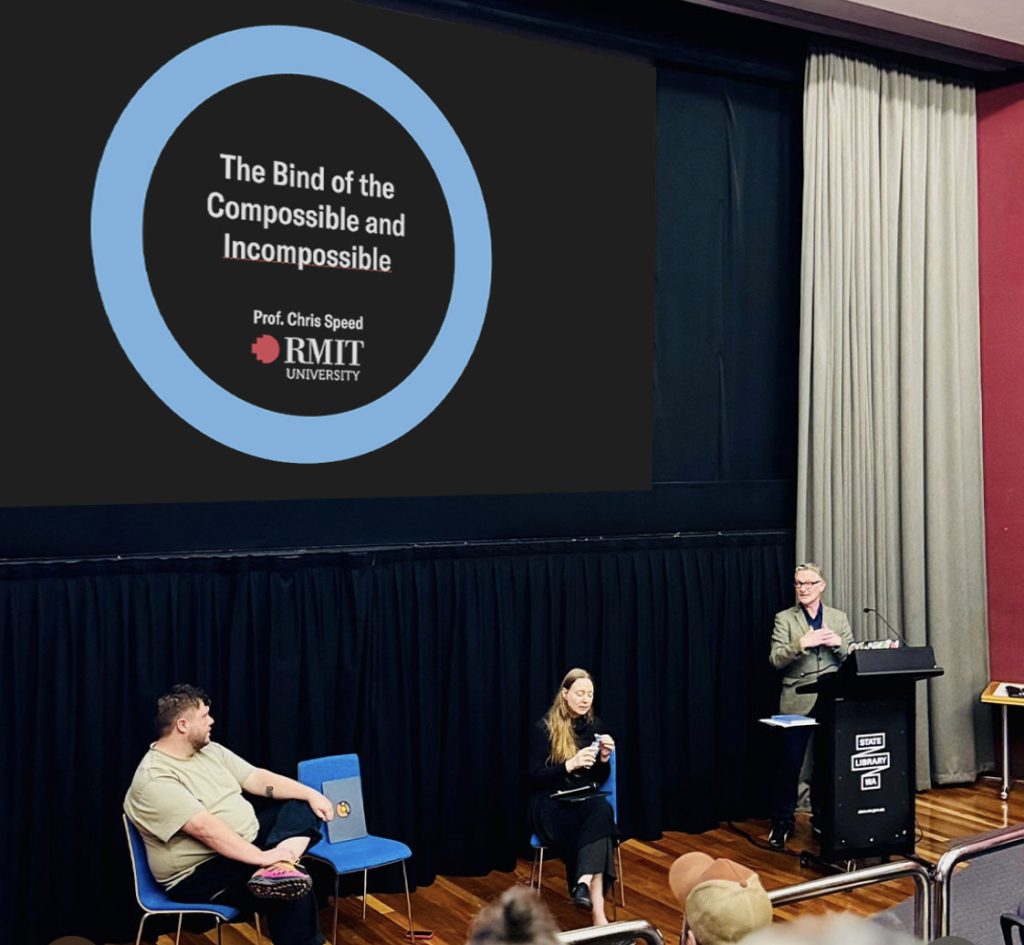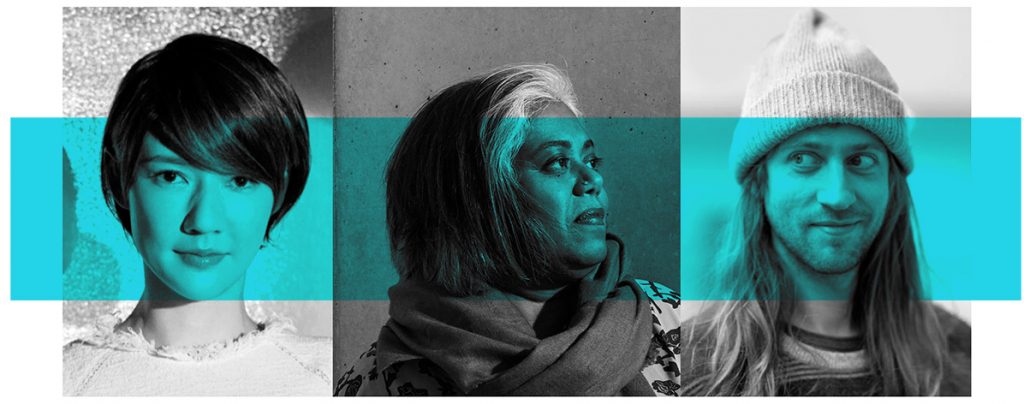Everything we think we know about the world is a model
A familiar approach is emerging in these monthly posts – to use two events within the RMIT ecosystem to reveal opportunities / tensions toward a Regenerative Futures initiative.
This time a talk by Mariana Amatullo, PhD is complemented by a review of students pursuing the Master of Design Futures RMIT University led by Marius Foley, PhD.
Mariana jumped straight into the problems that every discipline faces as it stares into uncertain futures by recovering Donella Meadows quote that remains at the crux of representational and non-rep cultures:
“Everything we think we know about the world is a model. Every word and every language is a model. All maps and statistics, books and databases, equations and computer programs are models… None of these is or ever will be the real world.” Donella H. Meadows (2009).
Mariana’s experiences of moving between Design Schools and reflecting upon how design is adopted informed much of her talk. How consultancies have acquired design methods as a form of intellectual commodity to sell, but struggle to understand its social and material practice. Toward the end was perhaps the most depressing observation was that aspects of ‘design studios’ are now given over to floors of statisticians who identify ‘the value of design’ through real-time data feeds derived from social media and sales. A reality that was central to my Software Ate Design chapter for Joyce Yee and Paul Rodgers Companion to Design Research: https://lnkd.in/gw2dBMCZ

In contrast to design falling into the ‘toolkits’ of consulting economies, I was invited to meet / review three part-time students on the Master of Design Futures programme, who are in sectors ranging from Law to Criminal Justice Systems, and each are adapting design methods within highly specific contexts.
As a whole cohort, it turned out that design is being reconsidered from multiple perspectives / sectors:
• Play & design
• Law & design
• Juvenile Justice, space & design
• Indigenous food systems and re-designing our relationship with knowledge systems
• Graphic Facilitation through design
• Design for onboarding toward a meaning-driven culture

What seems very interesting, is the opportunity to study how professionals in diverse sectors (who don’t consider themselves designers) adopt aspects of design to get their hashtag#JobsToBeDone. Exposed to critical and responsible thinking to support the tools and methods, each student is twisting, modifying and adapting design in such a way that it retains personal agency, is sensitive to each context, and may also produce transferrable outcomes.
So current thinking is now asking – if educational programmes where constructed around medium long term global challenges, and ‘students’ / ‘agents’ / citizens could contribute and learn. What would they learn from design?
Thanks to Prof. Andrea Siodmok OBE Sarah Teasley for cohosting 😉
hashtag#design_mayday hashtag#work_out_loud hashtag#rmitmdf
Related posts

“This communication is not for you.”
Looking to connect 2 recent events / conversations (as is my want) this time to explore a fundamenta

Design Frequencies: Sharing International Practice in Design Research
Already deep into semester two here. Last semester School of Design RMIT College of Design and Socia

The Labour of the Rejected / “Walk the Plank”
Still playing catchup with so many events. A few weeks ago during hashtag#DIS2025, Mafalda Gamboa an

Design Contradictions
Two projects during Melbourne Design Week with collaborators Michael Dunbar and Liam Fennessy to exp

Paradox of Collaborative Speed
Two events in Melbourne over the past 10 days week revealed a tension across contemporary technology

Slow Materials, Slow Money: Can Design Decelerate?
Two events that I’m trying to tie together to glean some connections. The CHI panel on Regenerativ

From Food Networks to AI Governance
Back to reporting on events in Narme/Melbourne. From Food Networks to AI Governance: Reflections on

Planetary Pedagogies
Following the launch of PlanetaryCivics two weeks ago, this is the second extension to contributions

Space Debris to House Keys
Part 2 of catching up with the weeks of activity in Melbourne through February. From Space Debris to

Measuring our demise
Oh Melbourne, three parallel events that spanned the week: RMIT College of Design and Social Context